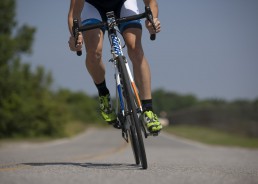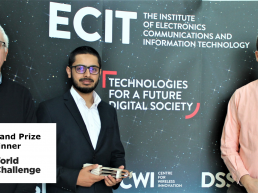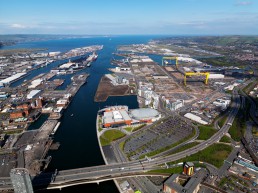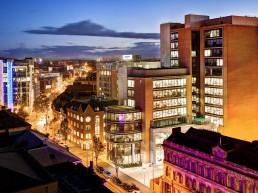Getting more of our citizens cycling is one part of the solution to urban mobility. If more people, especially commuters, are cycling not only will it reduce congestion and pollution, but it’s guaranteed to make city dwellers healthier and happier. Knowing more about cycling behaviour can help planners make our city more welcoming to cyclists.
We set up a joint eighteen-month research and development project with the Department for Infrastructure, Belfast Healthy Cities, Queen’s University Belfast, Bristol University, BT, the Police Service for Northern Ireland, and local cycling tech company, See.Sense.
The project deployed Internet of Things devices developed by See.Sense on to Belfast’s Bikes. The award-winning device uses advanced sensor technology to gather anonymous data via a LORAWAN network provided for R&D purposes by BT.
Data scientists at Bristol University and Queen’s University will use this crowdsourced data to build a sophisticated picture of the daily habits of the city’s growing cycling community.
This real-time information will help transport planners to make cycling a safer and more fun experience as part of wider transport planning for the city. The humble bicycle has been transformed into a research data platform.





